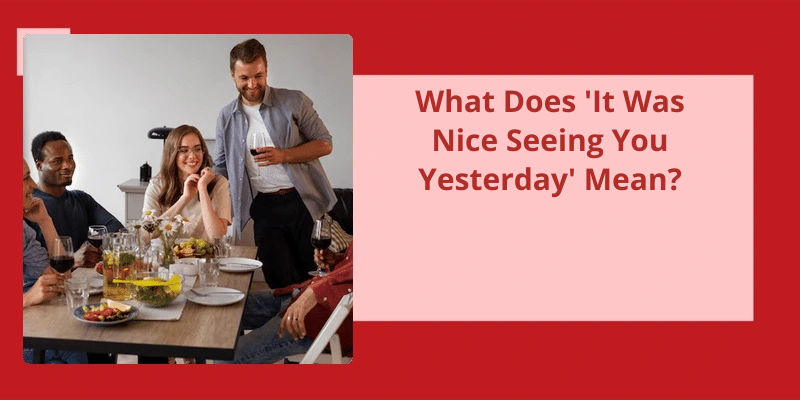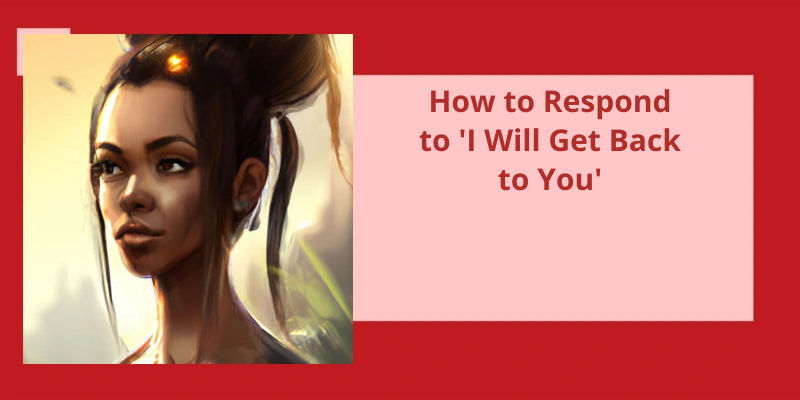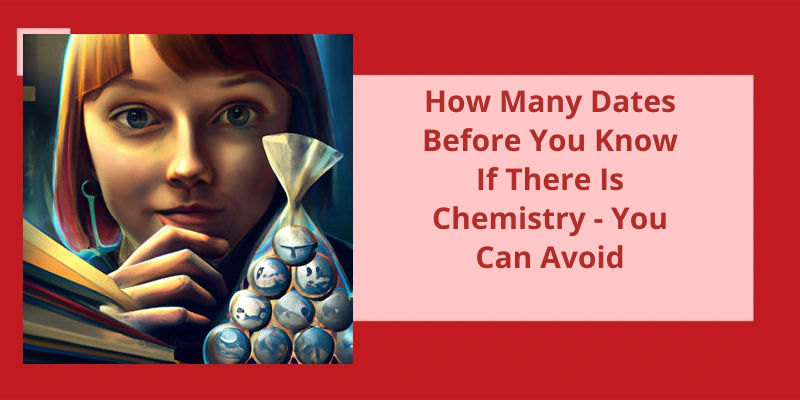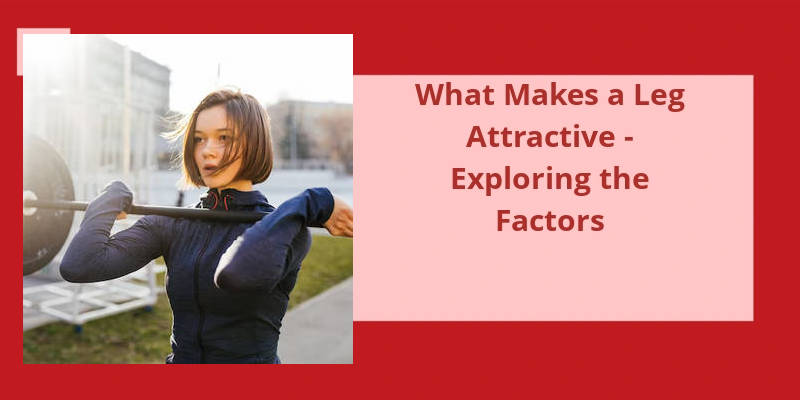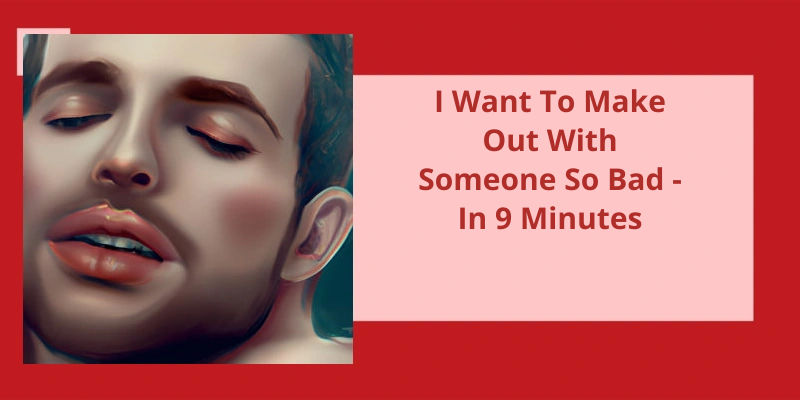The art of human communication is a complex and nuanced terrain that often involves the use of subtle turns of phrase and expressions to convey deeper meanings. One such expression that’s become almost ubiquitous in social settings is the phrase "it was nice seeing you yesterday". While on the surface it may seem like a simple statement, it carries with it a host of emotions and sentiments that reveal the speaker's level of fondness and familiarity with the person they’re speaking to. Whether used to express joy at reconnecting with old friends or to convey gratitude for meeting new ones, this phrase has the power to bring people closer together and create lasting connections.
What Is the Difference Between It Is Nice to See You and It Is Nice Seeing You?
The difference between saying “nice seeing you” and “nice to see you” may seem small, but it carries with it a subtle change in meaning. When you say “nice seeing you”, it suggests that the interaction has already taken place and has come to a close. It’s a way of acknowledging the shared experience in the past tense. It also implies that you may not see the person again for some time, making it a farewell of sorts.
It’s the present tense version of the same phrase, and highlights that the person is still in your company. It’s a gesture of appreciation for the moment you’re currently sharing with them. This phrase often has a more upbeat, positive connotation and feels more like a greeting or welcoming expression.
It’s also worth noting that personal preference can play a role in which phrase someone chooses to use. Some people may naturally gravitate towards one or the other, while others may use them interchangeably. Ultimately, the difference between the two comes down to context and the intent behind the words being said.
One acknowledges a shared experience in the past tense, while the other expresses appreciation for the current moment. The choice between the two phrases can often come down to personal preference and the context of the situation. Whether you use one or the other, the important thing is to be sincere in your expression of greeting, farewell, or appreciation for the person you’re talking to.
Historical and Linguistic Origins of the Phrases “Nice Seeing You” and “Nice to See You”
- There’s evidence of the use of the word “nice” to mean “pleasant” as far back as the 14th century.
- The phrase “nice seeing you” likely originated as a casual way to express pleasure at running into someone, and became popular in the early 20th century.
- “Nice to see you” is a more formal variation, and likely emerged as a polite greeting in the 19th century.
- The linguistic origins of “nice” are debated, but it may come from the Latin word “nescius,” meaning “ignorant” or “unaware.”
- The phrase “nice seeing you” has become somewhat cliché in modern times, leading some people to prefer alternate greetings.
How Do You Say It Was So Nice Seeing You?
When running into someone you havent seen in a while, it’s always a good idea to let them know youre happy to see them. The words you choose to express this sentiment can vary depending on how long it’s been since you last saw them. If it’s been a while, you might say “It’s good/nice to see you.”. This greeting acknowledges that youve met them before, but conveys the message that youre happy to see them again.
On the other hand, if youve just met someone for the first time, “It’s good/nice to meet you” is a more appropriate way to express your positivity. By using this phrase, you convey that youre glad to have made their acquaintance, and that you look forward to getting to know them better. This phrase is often used as an icebreaker to put people at ease and establish a friendly rapport.
If your conversation has spanned a decent amount of time and you feel ready to say goodbye, “It’s been nice seeing you” is a great way to end things on a high note. This phrase acknowledges that youve enjoyed spending time with them and that you hope to do so again in the future. It’s a good way to leave things open-ended and lets them know that youre open to the possibility of reconnecting in the future.
It’s important to keep in mind that the words you choose to express your feelings should be genuine and heartfelt. Whether youre greeting someone for the first time or saying goodbye after an extended conversation, you want to convey your positive emotions in a way that feels authentic and sincere. Using these phrases can help get you started, but it’s up to you to infuse them with your unique personality and style.
By choosing the right words, you can convey your genuine emotions and make them feel welcome and appreciated. Whether you go with “It’s good/nice to see you,” “It’s good/nice to meet you,” or “It’s been nice seeing you,” make sure your greeting feels natural and from the heart. After all, theres nothing better than connecting with someone you care about.
Now that we’ve clarified the meaning behind the expression “It was so good seeing you,” it’s important to understand the different contexts in which it can be used. Whether it’s in a professional or personal setting, this simple phrase can go a long way in building and maintaining relationships. So, let’s dive into the various scenarios where this statement can be used and how to follow up with it.
What Does It Was So Good Seeing You Mean?
The phrase “It was so good seeing you” is a unique and powerful way to convey appreciation and admiration to someone you’ve just spent time with. This expression is commonly used after meeting up with a friend, a former colleague, or a family member whom you havent seen for a long time. It’s an excellent conversation opener that shows that you’ve enjoyed the time you’ve just shared and value the persons presence and contribution to the conversation.
It conveys that you’ve appreciated the time spent, that you’ve enjoyed the persons company and that you’re looking forward to meeting with them again. The statement indicates that the relationship is important to you and that you value the persons contribution to your life.
Furthermore, when you use this phrase at the end of a gathering or social event, it’s a polite way to bid the person farewell. It acts as an icebreaker that prompts the other person to reciprocate with positive comments and jump into the next topic of conversation. It helps to prolong the memory of the exchange and leaves a lasting impression that you’ve valued the interaction.
How to Respond When Someone Says “It Was So Good Seeing You.”
- Thank you, it was great seeing you too!
- I feel the same way, it was nice to catch up.
- Let’s make sure to do this again soon!
- Agreed, we should definitely plan a get-together sometime.
- Thanks for saying that, it means a lot.
- Same to you, it always puts a smile on my face to see you.
- Yes, it was definitely overdue. Let’s not wait so long next time!
Understanding the meaning behind someone saying “it was nice seeing you” or “it was so nice meeting you” can sometimes be interpreted as a simple social gesture. However, it holds a deeper sentiment of genuine enjoyment and appreciation for the time spent with that individual. With that said, let’s delve deeper into the importance of these words and how they can affect our social interactions.
What Does It Mean When Someone Says It Was Nice Seeing You?
However, the phrase can also be used in a more polite, formal context, such as in a business meeting or a networking event, where it may be said as a way of acknowledging someones presence and thanking them for their time. In these situations, the phrase may not carry as much emotional significance, but rather serve as a formality to maintain a professional relationship.
Often, the phrase is accompanied by a smile or a warm tone of voice, indicating a genuine sentiment of pleasure in seeing or meeting the person. It can be a way of expressing gratitude for the other persons company and a simple acknowledgement of shared experiences and memories. It can also be a way of showing empathy or support, such as when saying goodbye to someone who’s going through a difficult time.
However, it’s important to remember that the phrase can also be used insincerely or as a way of avoiding uncomfortable situations. For example, someone may say “it was nice seeing you” as a way to cut short a conversation or end a social interaction on a polite note. In these situations, the phrase may not carry the weight of genuine appreciation or affection.
Overall, the meaning behind “it was nice seeing you” depends on both the context in which it’s spoken and the relationship between the individuals involved. When spoken sincerely, it can be a powerful way of expressing warmth and appreciation for the people in our lives. When used insincerely, it may come across as a hollow platitude. As with any communication, the true meaning lies in the intention behind the words.
Ways to Respond When Someone Says “It Was Nice Seeing You.”
- Thank you, it was nice seeing you too.
- We should do it again sometime.
- Take care and have a great day.
- Same here, let’s keep in touch.
- Thanks for coming, it was great catching up with you.
- Have a safe journey back home.
- Hope to see you soon.
- It was a pleasure seeing you as well.
- Until next time, take care.
Interpreting social cues and body language can be tricky, but when someone says “it’s nice to see you again,” it can convey a range of emotions and sentiments. It’s important to consider the context and prior interactions with the person to better understand their intentions behind the statement. Let’s dive deeper into what this phrase could mean in different situations.
What Does It Mean When Someone Says It’s Nice to See You Again?
When someone says “its nice to see you again”, the meaning is often subject to certain accompanying cues such as tone of voice, body language and general context. If the person sounds genuinely happy and excited to see you and their body language is open and welcoming, it’s likely that they’re happy to reconnect with you. On the other hand, if their tone is insincere and their body language seems closed off, it could imply that there are ulterior motives behind their statement.
For example, if you meet someone for the second time after a long absence, it’s expected that they’ll greet you in this way. However, this doesn’t necessarily imply that the person is excited to see you specifically. Rather, it’s just a polite way of acknowledging your presence and maintaining social norms.
Sometimes, people use the phrase as a way to avoid any awkwardness in a situation by masking their true feelings. For instance, if they’d a negative experience with you in the past, but now find themselves in a situation where they must interact with you again, they might use the phrase to avoid an uncomfortable encounter. In this case, the statement might seem insincere and lack any real warmth.
It’s impossible to determine someones true intentions based on this statement alone. However, if a person says it with genuine enthusiasm, it could be a sign of a healthy and positive relationship. If they seem distant or disinterested, it might be best to approach the situation cautiously.
It could be a friendly greeting, a necessary social nicety, or an insincere attempt to avoid confrontation. It’s important to evaluate the situation as a whole and take other cues into consideration before determining the meaning behind the statement. Ultimately, only the speaker knows their true intentions, and it’s up to you to gauge the sincerity and warmth of their statement.
Body Language Cues to Look for When Someone Says “Nice to See You Again”
When someone says “nice to see you again,” pay attention to their body language cues. Look for a smile, eye contact, open and relaxed gestures, and a leaning towards you. These nonverbal behaviors indicate a genuine happiness to see you again.
Conclusion
In conclusion, "It was nice seeing you yesterday" is a simple yet heartfelt phrase that communicates appreciation for the time spent with someone. It signifies that the speaker enjoyed catching up with the said person or meeting them for the first time and acknowledges the positive impact they’d on their day. While it may seem like a casual remark, it holds a deeper meaning that reflects the fundamental human need for connection and social interaction.

